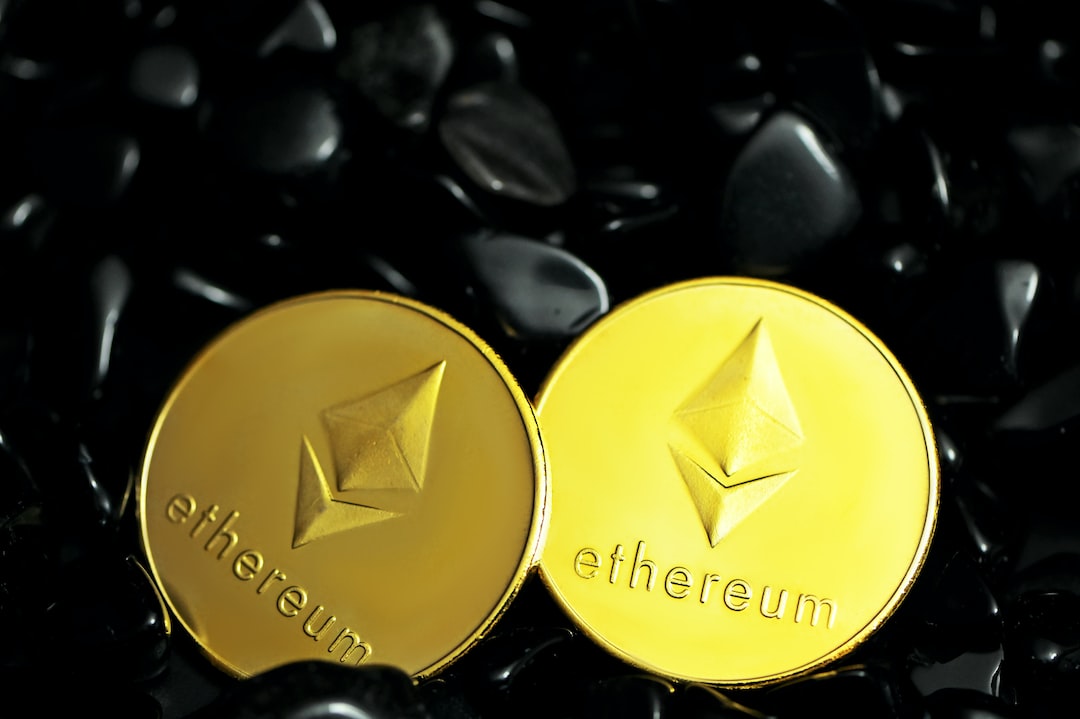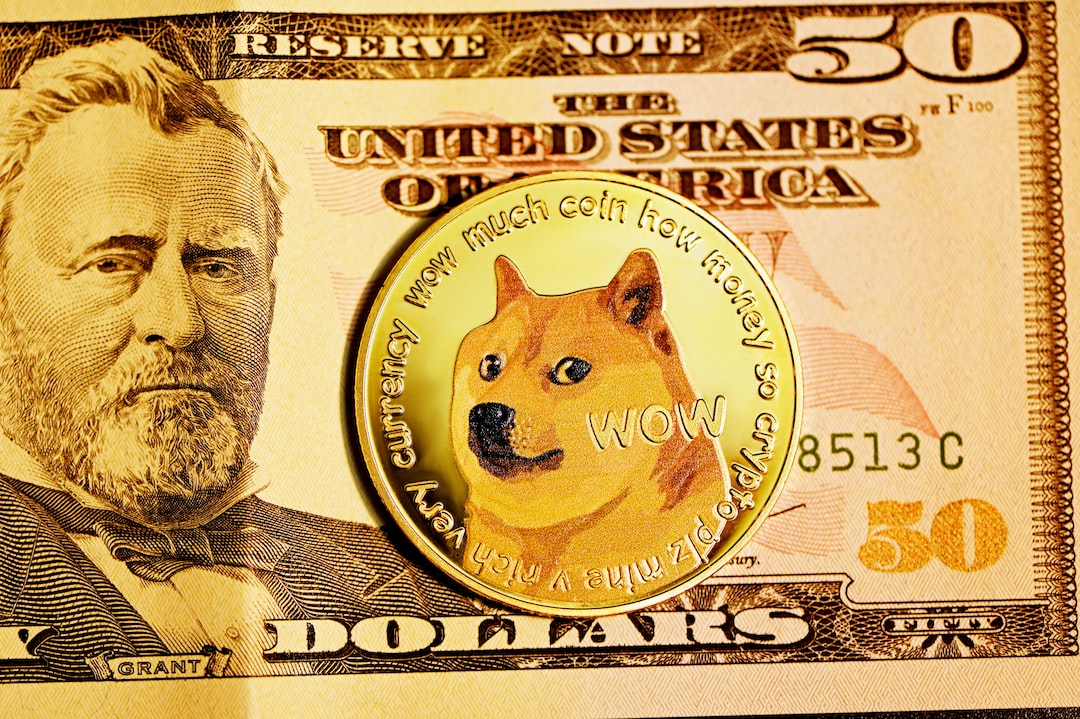Bullish’s Acquisition of CoinDesk Raises Questions about Editorial Integrity
If you are involved in the crypto sector, you may be aware of CoinDesk as an independent and hard-hitting news organization in the industry. They have been fearless in their reporting, as evidenced by their investigation into FTX’s solvency, which led to the exposure of the exchange that filed for bankruptcy later on. However, Bullish’s recent acquisition of CoinDesk raises concerns about the publication’s editorial independence.
The acquisition has sparked fears that the impartiality and integrity of CoinDesk may be compromised as an acquisition by an operating company of Block.one, the backer of the crypto exchange, raises potential conflicts of interest. Jason Yanowitz, the founder of Blockworks, compared the acquisition to Binance buying CoinDesk or BlackRock buying Bloomberg, stressing that it could crush the editorial integrity of the brand.
Bullish Acquires CoinDesk
Bullish, backed by Block.one, recently acquired CoinDesk from Digital Currency Group in an all-cash deal. The move has drawn attention due to Block.one’s controversial reputation, with accusations of abandoning the development of EOS, for which it raised $4 billion. Despite being one of the largest holders of Bitcoin, the company’s actions with EOS have sparked criticism.
DCG’s Legal Troubles
Interestingly, the acquisition comes at a time of financial hardship for DCG, as it filed for Chapter 11 bankruptcy protection after the collapse of its subsidiary Genesis Global Capital. While the deal provides liquidity relief for DCG, it has heightened concerns about the potential impact on CoinDesk’s editorial standards. Many argue that financial motives should not justify compromising the vital editorial standards of journalism.
Hot Take: Bullish’s Acquisition of CoinDesk Threatens Editorial Independence
The recent acquisition of CoinDesk by Bullish has raised concerns about the editorial integrity of a once-independent news outlet. As readers, you rely on trustworthy information to make informed decisions in the crypto sector. Therefore, it is essential to question how the ownership of the publication might impact its objectivity and independence. The potential conflict of interest could have far-reaching consequences for the crypto industry’s access to transparent and unbiased reporting. It is crucial to hold news organizations accountable for maintaining their editorial standards, regardless of changes in ownership.





 By
By
 By
By
 By
By

